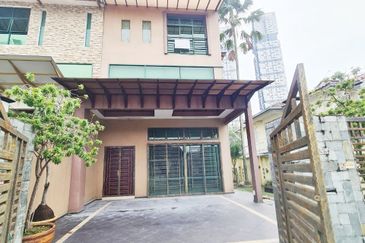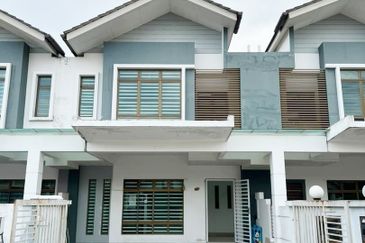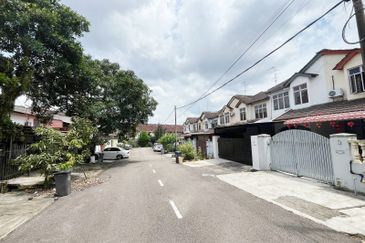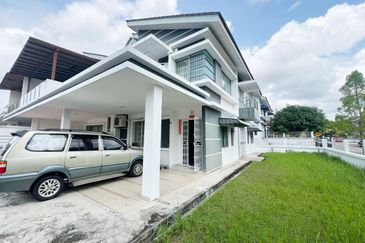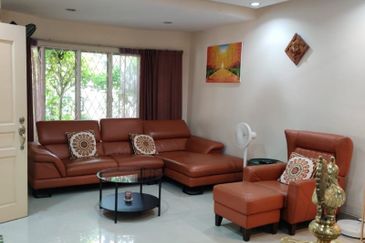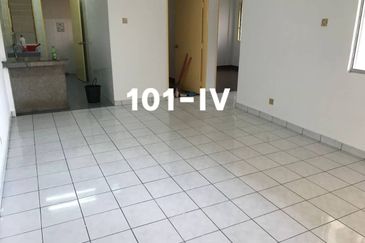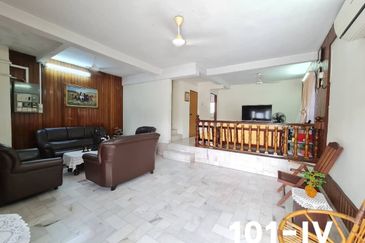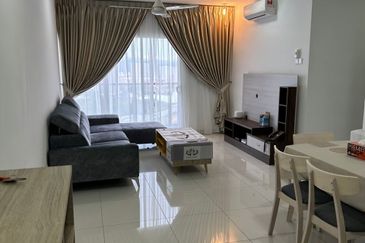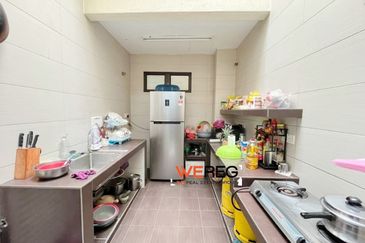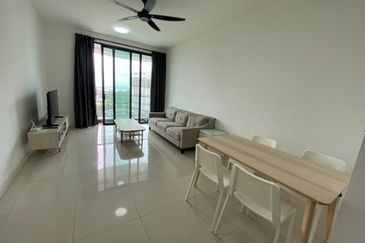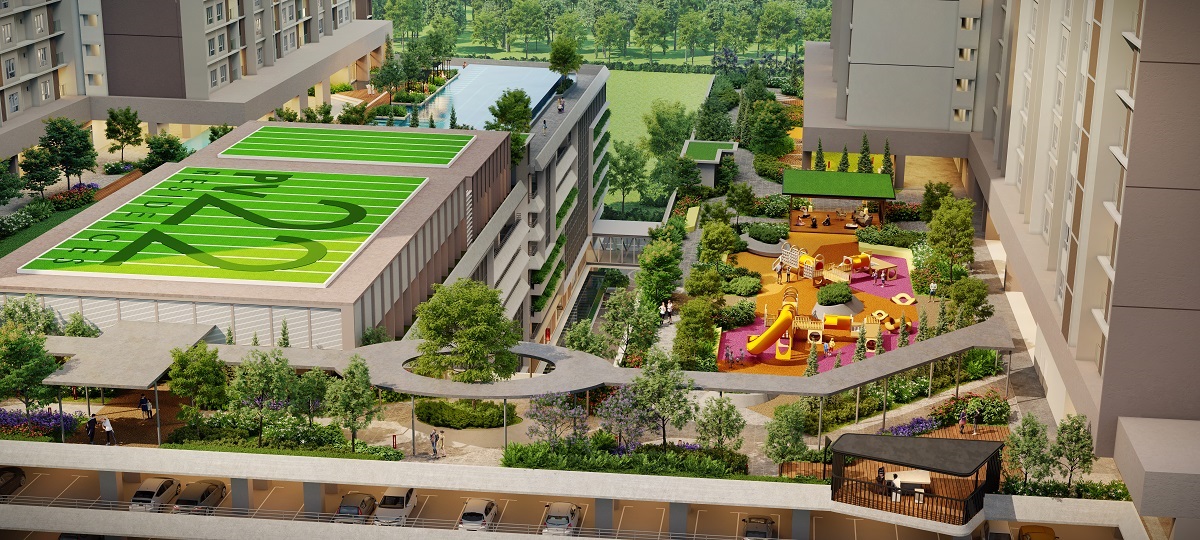
KUALA LUMPUR (Sept 2): Rent remains the most important consideration for companies despite a shift to more flexible work environment, revealed Knight Frank’s 2015 Asia Pacific Office Occupier Survey.
“Consistent with our findings last year, rent remains as the most important consideration. We are, however, certainly witnessing a shift to a more flexible work environment – most notably in Australia and Southeast Asia,” said Ross Criddle, the head of global corporate services of Knight Frank Asia Pacific.
This the second run of the Office Occupier Survey. It is meant to provide insight into how occupiers use and plan their office space in Asia Pacific.
“While rent is the primary consideration in general, local factors may be more important in some countries,” said Knight Frank.
Thai companies are most concerned about traffic congestion while Taiwanese companies care about the security the most. Knight Frank noted that green credentials are placed at the bottom of the list of priorities across the region, except in Malaysia.
“Many multi-national companies here in Malaysia recognise that an energy-saving building can produce cost savings to their operation over the long run,” said Knight Frank Malaysia executive director of commercial agency Teh Young Khean.
The survey also supports the principle that Asia Pacific continues to be a growth market, with over 60% of respondents foreseeing that their headcount will grow over the next 12 months, which is a positive sign for the region.
On lease renewal, Knight Frank Thailand executive director and head of commercial Marcus Burtenshaw highlighted that most (42%) of the respondents start preparing six months ahead of a lease expiry.
“Each year, the Occupier Survey has many interesting findings. The one thing that consistently stands out is the number of firms that continue to leave it to the last six months before thinking about what to do at their next lease expiry,” said Burtenshaw.
He believed six months do not provide enough time to properly weigh the alternatives, and to put contingency plans into action. “This could potentially lead to occupiers facing no alternative but to accept the landlord’s proposed terms, whatever they might be,” Burtenshaw noted.
He recommended that tenants start this process at least a year in advance of lease expiry. This provides more time for market investigations, conduct renewal negotiations and, if necessary, to still provide time to fit-out and relocate to new premises.
“Bear in mind though that tenants occupying multiple floors or in markets with limited options should start this process even sooner,” Burtenshaw said.
The survey was undertaken by more than 270 companies located in Asia Pacific spanning across eight industries.
TOP PICKS BY EDGEPROP
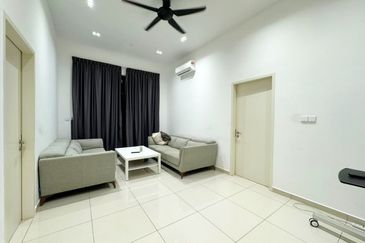
Plenitube Harp @ Taman Desa Tebrau
Johor Bahru, Johor
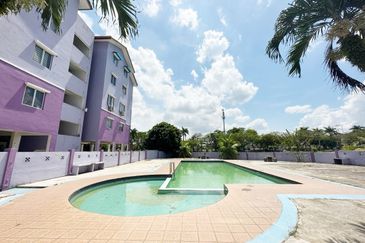
Pangsapuri Sri Ilham, Bandar Baru Seri Alam
Masai, Johor
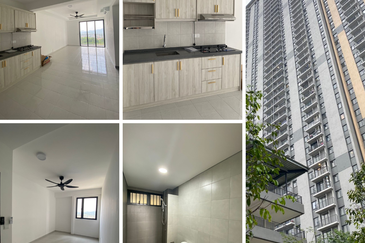
Residensi Aman Bukit Jalil
Bukit Jalil, Kuala Lumpur

